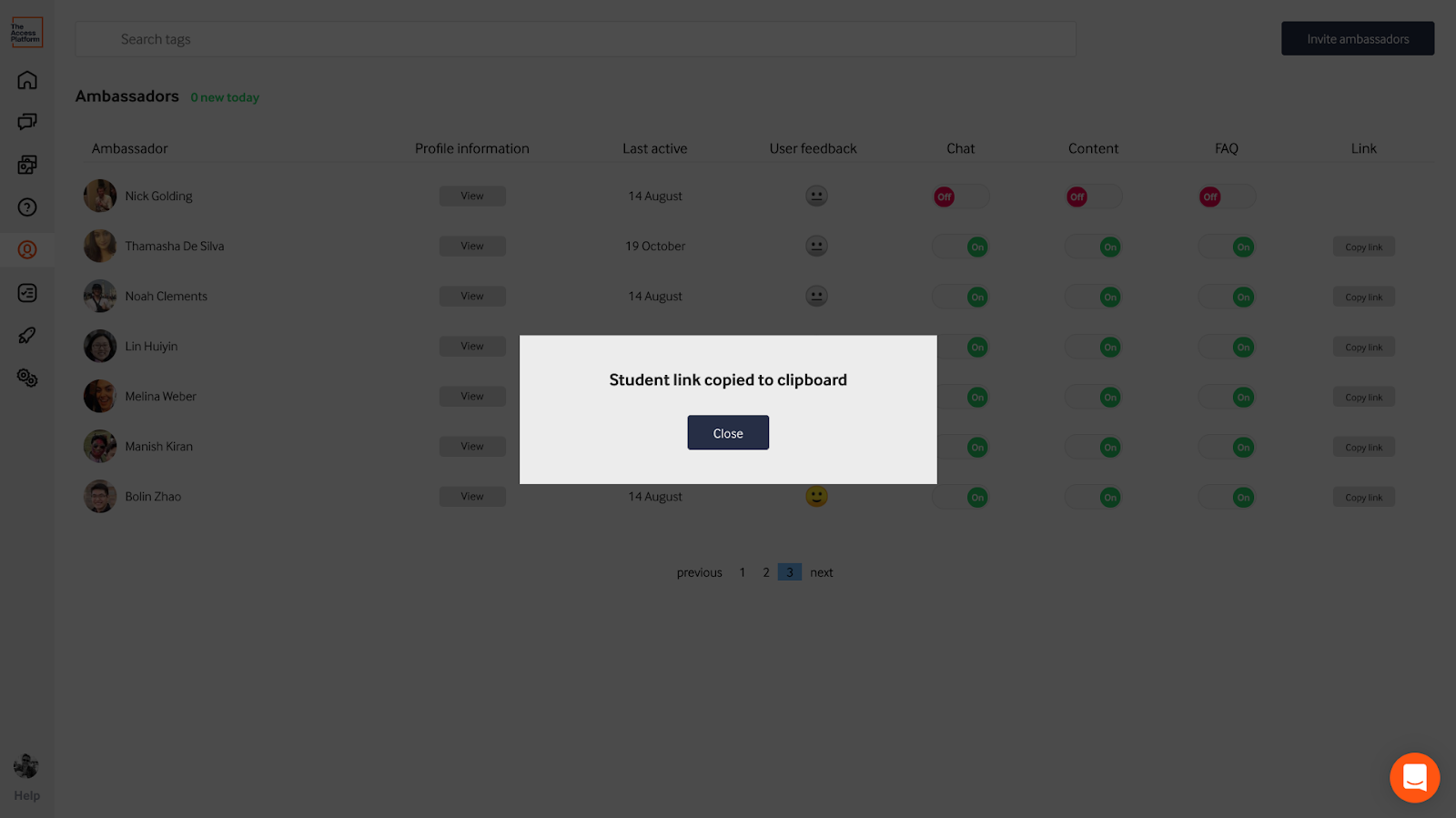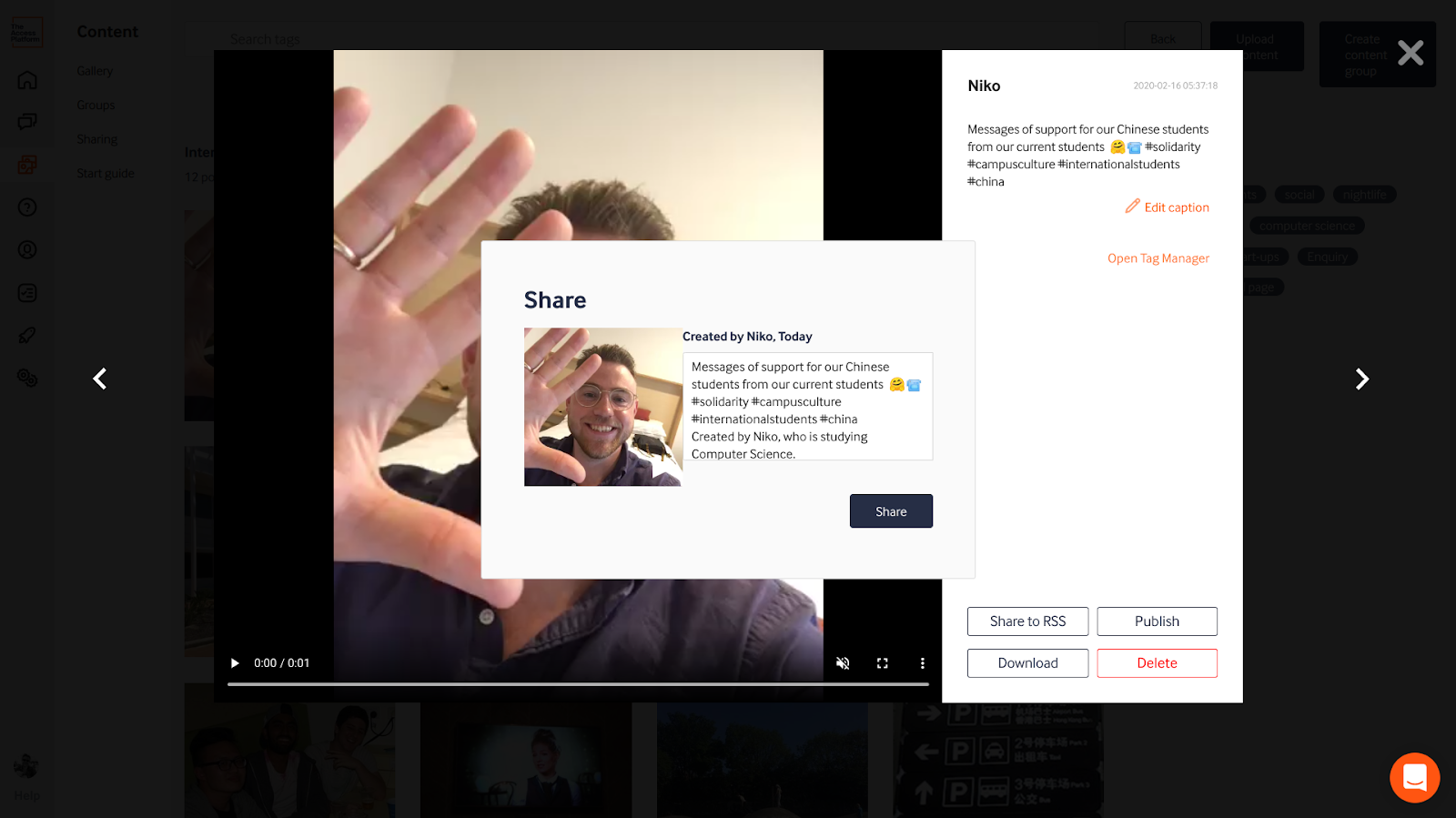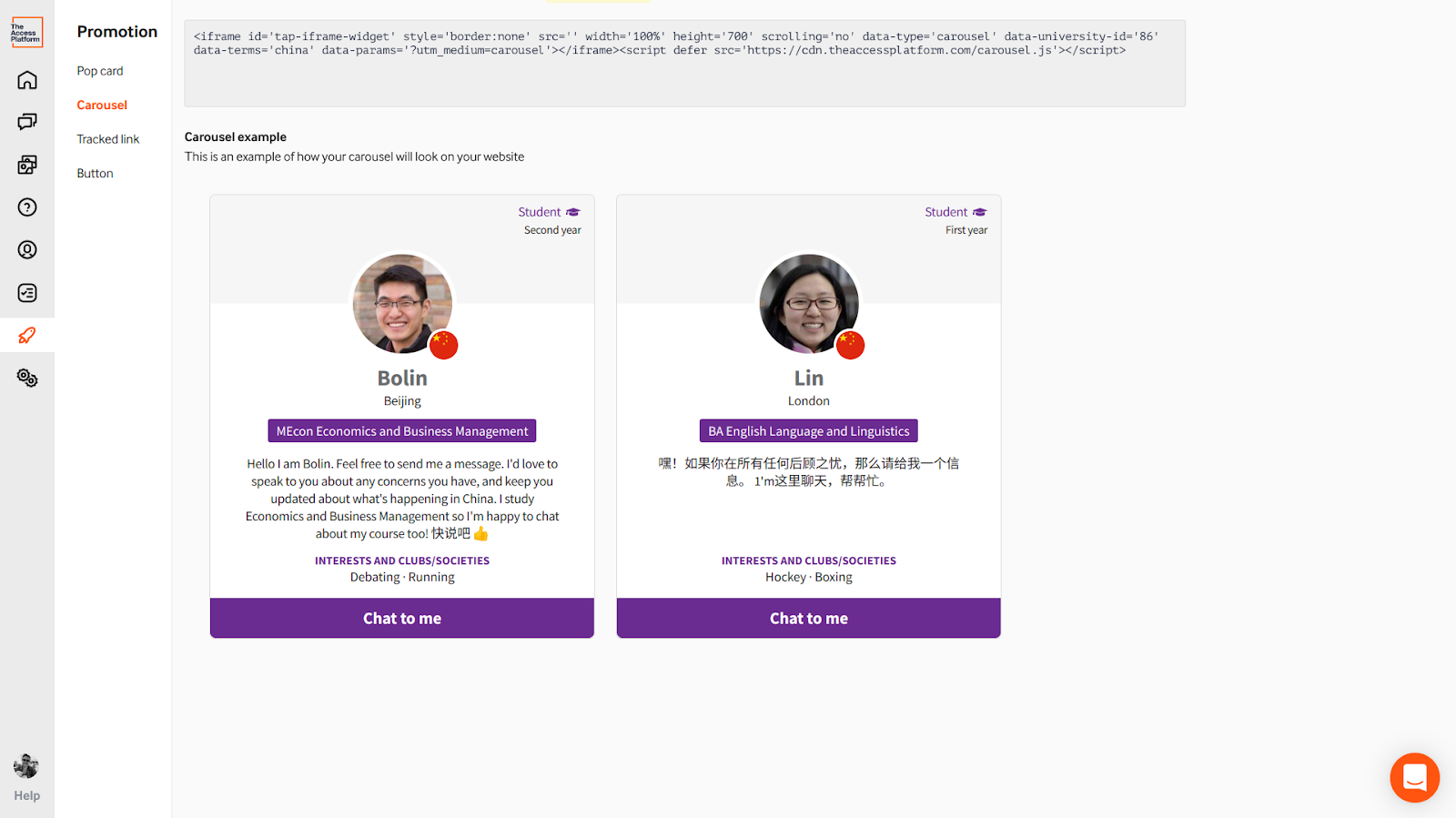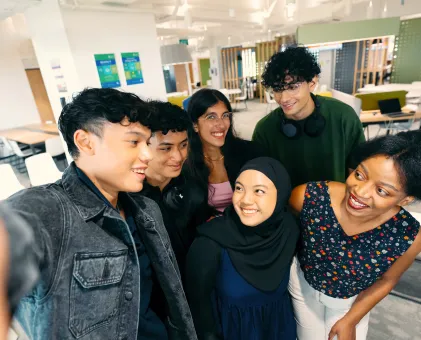Maintaining engagement with Chinese students stranded by Coronavirus; a peer-led solution

As the Coronavirus outbreak progresses, its impact on the Australian HE, VET, and ELICOS sectors is becoming increasingly apparent. With the Government’s decision to maintain border closures, more than 100,000 Chinese students remain unable to enter the country to begin, or re-commence, their studies.
Facing sector-wide losses of $3bn, institutions have been mobilising internal task forces to coordinate efforts around online course delivery, and to manage the flow of information and questions to and from prospective students, parents, and agents. In addition to this, industry bodies such as IEAA and Austrade are in regular contact with education industry stakeholders to ensure communication and dialogue within Australia is transparent and proactive.
At the centre of this crisis period for the sector are a huge number of young people who, stuck in a holding pattern, are left in a position of extreme uncertainty. This uncertainty has been compounded by the optics of incidents such as the detention of 74 Chinese students by the Australian Border Force earlier in the month. Wang Xining, China’s deputy Ambassador to Australia, went on record to say that Beijing was ‘not happy’ with the way the students have been treated.
Stepping back from the issues of revenue, market exposure, and governmental heavy-handedness - topics which have dominated the Coronavirus narrative - it’s important to remember that the most acute effects of the outbreak on the sector are the thoughts, feelings, and anxieties of the Chinese students who populate it. Finding ways to ease those concerns should be a priority.
One way this can be done is by allowing these students who remain stuck offshore to engage online with students enrolled at the institution. This helps maintain contact with the institution.
Showing these students that a peer or classmate understands and cares about their situation demonstrates empathy for those that may feel abandoned - the kind of solidarity that is most meaningful when it comes from someone like them. This outreach could be from fellow international students, or from Australian students to provide them with a sense of belonging and to keep them connected to their institution in these extraordinary times.
The Access Platform enables exactly this kind of student-to-student contact. Here are three, practical ways that the platform could be used to maintain the engagement of your Chinese students whilst they are unable to travel to Australia.
1. Targeted email campaigns
You can use our ambassador management area to run an offering prospective students the ability to start a chat conversation with Chinese students who are on campus.

2. Crowd-source supportive content
You can use our Content feature to crowd-source supportive video messages from current students, which you can publish to your website and social media channels to provide regular communication with both prospective and current students who are stranded.

3. Promote relevant Student Ambassadors
You can use our Promotions feature to create a carousel of Chinese ambassadors and embed this on a microsite or a dedicated landing page, providing helpful information and a contact network for prospective students.

If we can help, please get in touch
The Access Platform can be set-up in less than 24 hours and offers comprehensive and easy-to-use tools for managing Student Ambassadors, integrating with digital campaigns, and connecting to CRM systems.
Catriona Jackson, Chief Executive of Universities Australia, summed up the emotional impact the travel restrictions are having on Chinese students, commenting that:
"These students are in a very difficult situation and are clearly really stressed."
Connecting students with students will help ease some of the stress and anxiety and assist with student well-being as they are moved to online study or await the opportunity to enrol in the following semester. At a difficult moment, proactive engagement and empathy can help reduce student isolation and disappointment.
One of our Co-founders, Nik Higgins, is currently in Australia and is available to meet with in-person or via video conference. You can contact him directly by email.


